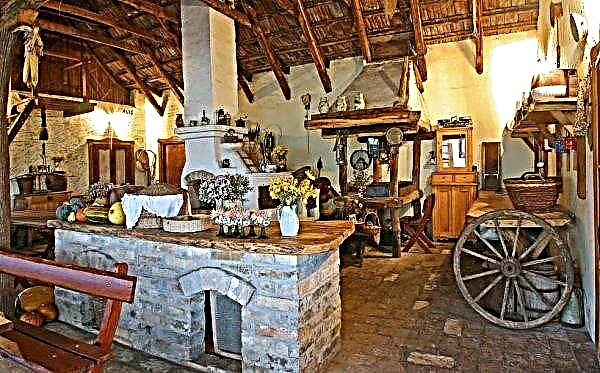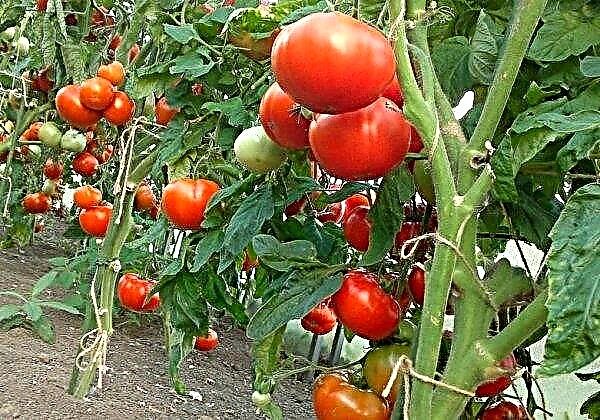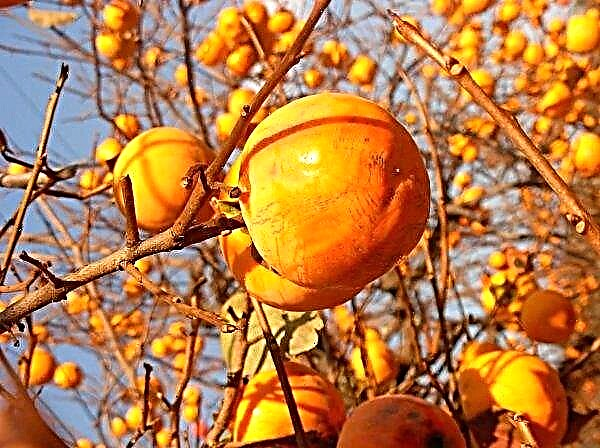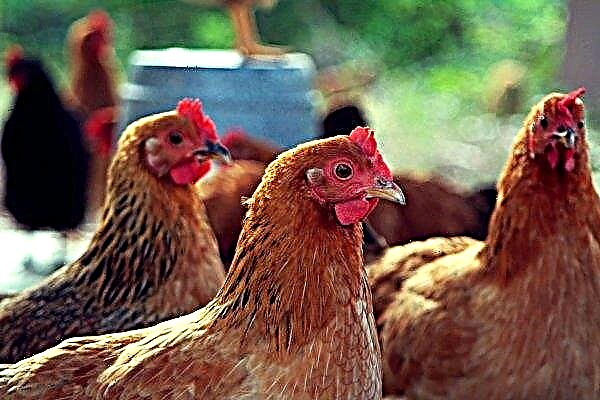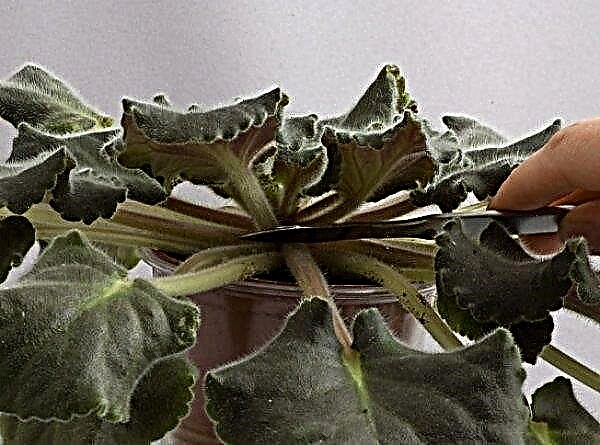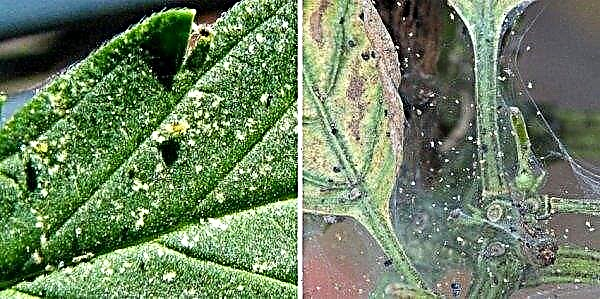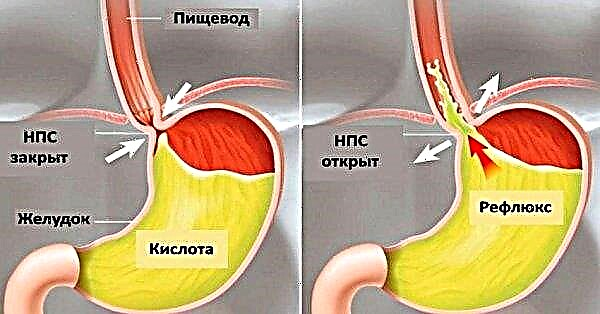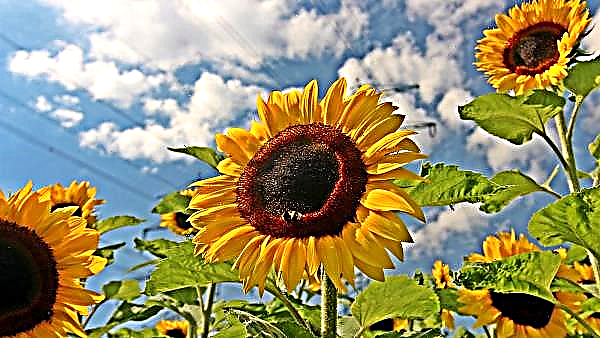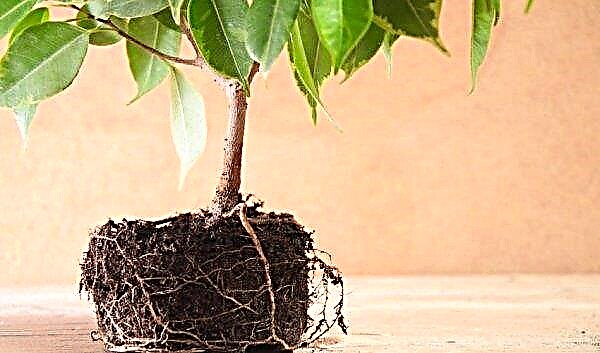The Namibian Chamber of the Environment (NCE) and the Botanical Society of Namibia (BotSoc), in collaboration with the Center for Biological Control from the University of Rhodes, South Africa, have teamed up on a project to control some species of invasive cactus plants.
Invasive alien cacti are some of the worst ecological and agricultural weeds in Namibia. None of the cactus plants in Namibia is indigenous; they were all brought from North or South America.
“Unfortunately, these cactus plants grow too well in Namibia. They crossed the fence of the gardens, where they were originally planted, and now form dense thickets throughout the country. This is a serious problem because land becomes less valuable as a cactus reduces livestock grazing. Wildlife and livestock also suffered from the cactus, ”the joint press release said.
 Cochineal insect
Cochineal insect
“Two of the weed cacti in Windhoek and its environs form dense and impenetrable thickets surrounding the capital. Non-governmental organizations, such as the Cactus Clearing Team, did a fantastic job of manually removing cacti, but today they have acquired new weapons to deal with the invaders, ”the report said.
“In this case, both agents are insects, one is a cochineal insect, and the other is a meat bug. They feed on a cactus and slowly kill it, but cannot eat other types of plants, ”the team said.

Although biocontrol takes time (about 5 years for Devils Rope Cactus) after removing the cactus, it will never return. The cactus will never be completely destroyed, one or two plants will always remain. But these will be the places where the agents will live, and whenever the cactus populations begin to increase again, the agents will be above them.
Therefore, biological control is an environmentally friendly, effective and sustainable method of controlling weed cacti in Namibia.

